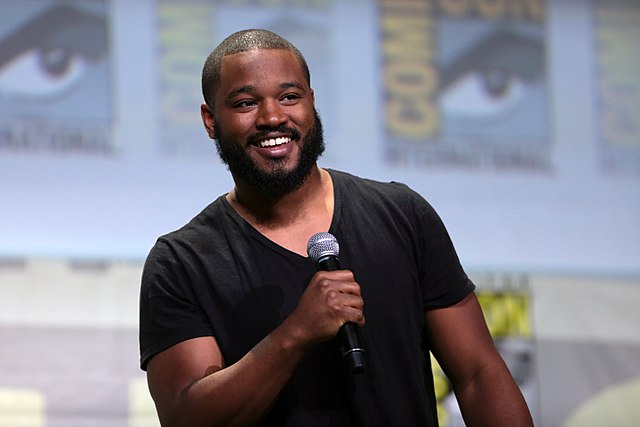According to a study from McKinsey and Company only eight percent of all US-produced films have a Black producer and six percent have a Black director. While the film industry remains predominantly white, African-American filmmakers have made strides in improving representation. To celebrate Black History Month, here are some of the most influential Black filmmakers that helped shape the industry.
MADELINE ANDERSON
Anderson is one of the first Black women to produce and direct a televised documentary film in 1960. Her prowess in a male-dominated industry presented an unprecedented achievement for Black history. Alongside directing, she also was an editor and screenwriter. Her works include “Being Me” a short documentary film, and documentary short, “Integration Report I” released in 1960. In 2015, “Integration Report I” was recognized as the first documentary film directed by an African-American woman.
MARLON RIGGS
Riggs was a powerful gay rights activist and film director. He used his art as a poet and filmmaker to express his emotions and advocate for marginalized people groups. Some of Riggs’ works include “Tongues Untied” and “Black Is… Black Ain’t.”
JOHN SINGLETON
In 1991, Singleton was nominated for best director at the Academy Awards, becoming the youngest and first African-American to be nominated. The movie “Boyz n the Hood” was based on his life and of people he knew. This coming of age film deals with topics such as faith, respect, tragedy and gang culture.
RYAN COOGLER
Coogler grew up in Richmond, California and became the youngest person to direct a film for the Marvel Cinematic Universe. Coogler directed the popular and fan favorite Marvel movie “Black Panther.” The Marvel movie made history by becoming the third highest-grossing film domestically of all time, gaining 1.3 billion in total worldwide gross. He is also known for “Creed” and “Fruitvale Station.”












